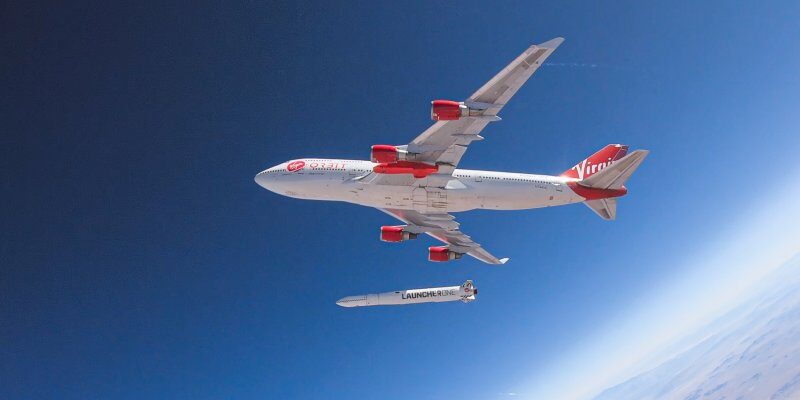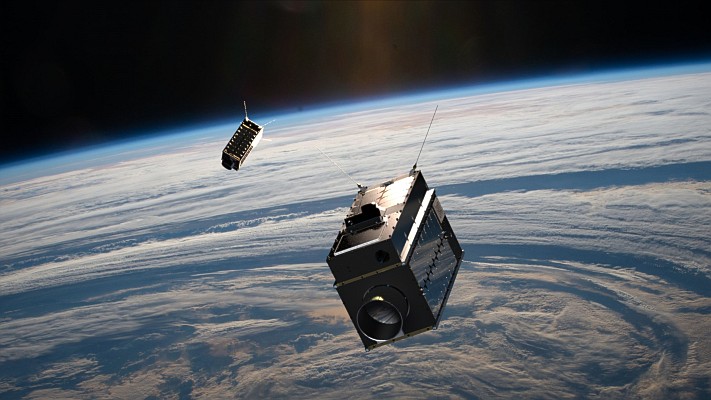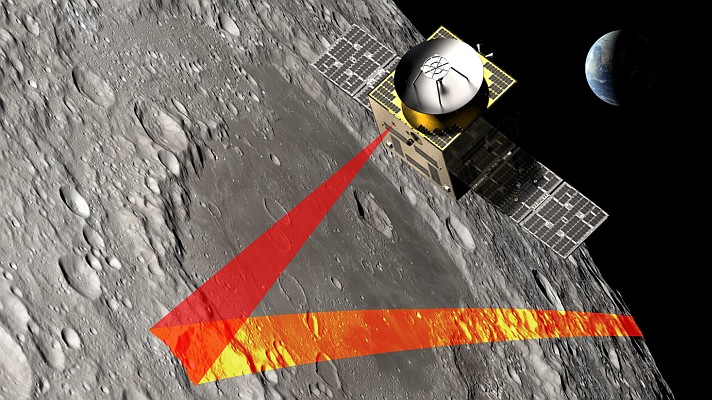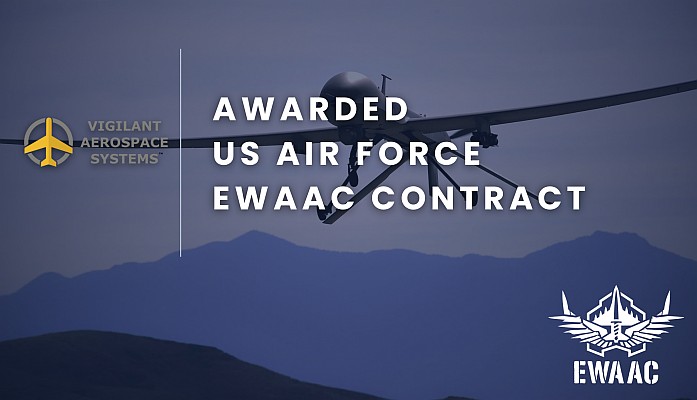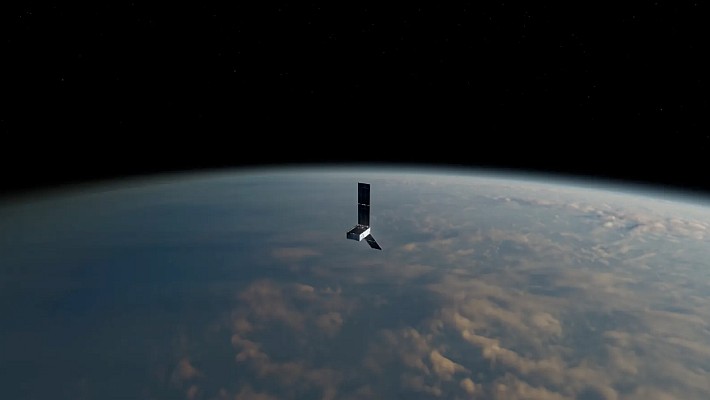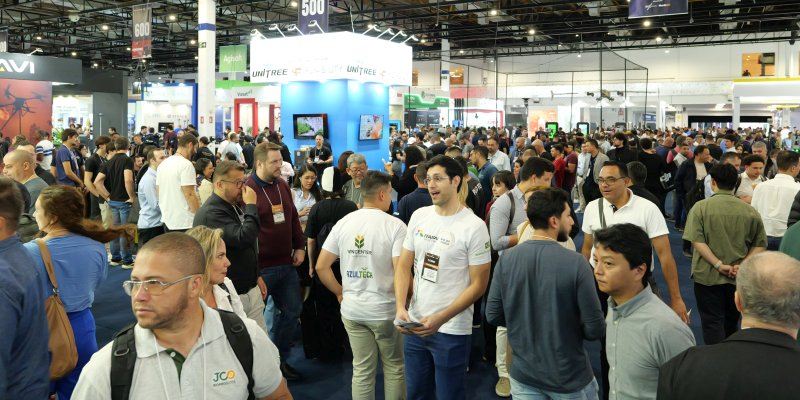Of the four companies authorized to carry out launches from the Alcântara Space Center (CLA), located in Maranhão, in the Northeast of Brazil, Virgin Orbit is the one that stands out the most, not only because of the reputation built over the last few years in various sectors of economy, but also due to the maturity of its launch system, which has been extensively tested and has been in commercial operation since January 2021.
LauncherOne is a system that uses an aircraft as a launch pad, thus being fully reusable. The company currently operates a Boeing 747-400, the Cosmic Girl, and will soon add two more planes of the same model to the fleet to increase capacity and respond to the growing demand for satellite launches.
The launcher is attached to the left wing of the plane and when it reaches the intended position and altitude, the two-stage rocket is released in free fall until the first stage is fired and accelerates to 13,000 km/h. When the fuel runs out, the second stage is ignited until it reaches orbit and releases the satellites.
Due to this system, unlike the other companies that will launch rockets from the platforms, Virgin Orbit will use the structure of the Alcântara airport, a base of the Brazilian Air Force (FAB) within the CLA. The asphalt runway is 2,600 meters long and 45 meters wide, enough for LauncherOne’s operation.
Even so, the FAB opened a bidding to carry out some improvements at the airport, such as the construction of a new aircraft apron and adjustments to one of the runway thresholds. The contract was signed in 2021 and the works started this year, at an estimated cost of USD 2 million.
The advantage of Alcântara, according to Virgin Orbit, is that due to its location, just two degrees south of the equator, it is functionally capable of reaching any orbital inclination, increasing commercial possibilities and opportunities.
“Leveraging the existing facilities at Alcântara Space Center is important to us in our commitment to sustainability and effort to open Space For Good. We’re keen on working together to take on the upcoming possibilities.”
Dan Hart, CEO of Virgin Orbit, in a press release.
To enable the launches and meet the requirements of the Brazilian Space Agency (AEB) for the license obtained in June this year, Virgin Orbit opened a Brazilian subsidiary, Virgin Orbit Brasil Ltda. (VOBRA). With this, the expectation is that the company’s first launch in the CLA will take place in 2023.
Missions
For now, Virgin Orbit has made launches with LauncherOne only from the Mojave Air and Space Port, which is located in the state of California, in the United States. In July, the company successfully completed its fourth mission, the Straight Up, when it loaded and put into orbit seven United States Space Force (USSF) satellites. Counting the previous missions, Virgin Orbit has already delivered 33 satellites to orbit.
The company’s plan, however, is to increase the regularity of launches. To this end, it acquired two more Boeing 747-400 aircraft, which are in the process of being adapted to receive LauncherOne. In addition, it has spread the options of launch locations, as is the case in Brazil.
Virgin Orbit already has the ability to launch satellites from eight locations. In addition to Alcântara and Mojave, the company will be able to operate in Florida (USA), South Korea, Australia, England, Japan and Guam. For 2022, the first launch of LauncherOne is scheduled at Cornwall Spaceport in Newquay, England, with a payload of satellites from private companies such as Catapult and Space Forge, in addition to the University of Exeter and the UK Ministry of Defense.
This growth has also occurred due to the partnerships that the company has closed with other companies, as well as with government agencies. For now, the main customer is the US government, which has already used LauncherOne to launch several satellites from different agencies, such as NASA, Navy, Missile Defense Agency and Department of Defense. Other governments have also launched satellites with Virgin Orbit. The list includes the Netherlands, Austria and Canada.
In the company’s schedule for 2022, in addition to the first launch in England, another three are planned from Mojave. For now, satellites from the US Air Force, CU Boulder, The Aerospace Corporation and Polish SatRevolution are confirmed.



